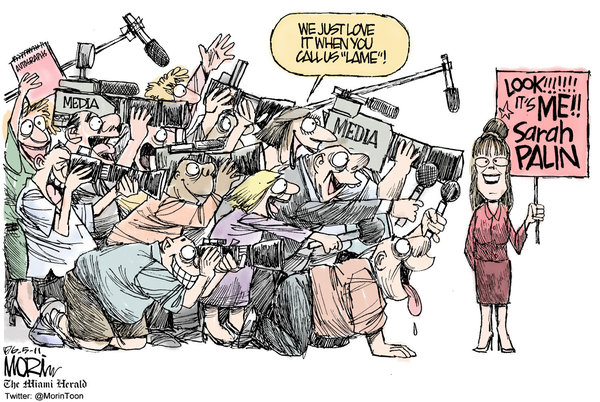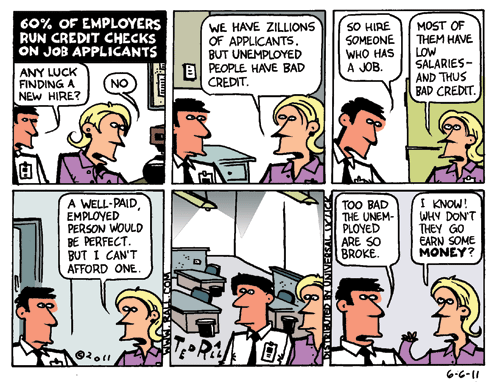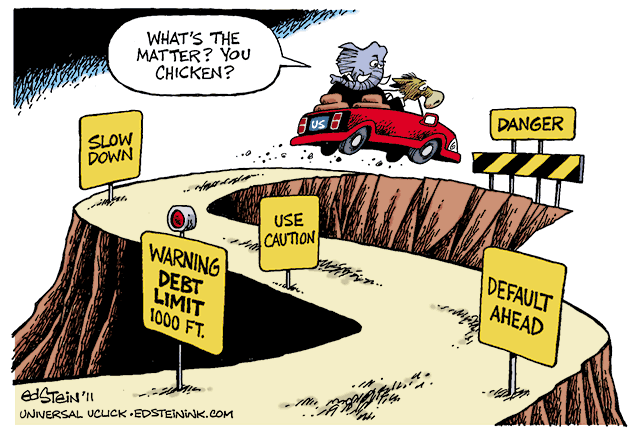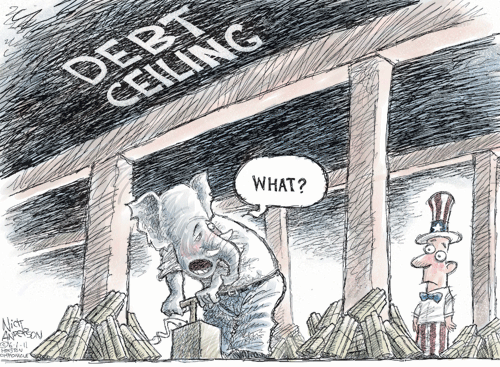A Florida couple bought a house in 2009 and paid for it with cash, so they were a bit surprised when Bank of America tried to foreclose on their house, even though they had no mortgage at all. Unfortunately, they had to hire a lawyer to straighten out the problem with Bank of America, and a court ordered the bank to reimburse them. But despite repeated attempts to recover the $2,534 in attorney’s fees, the bank never paid.
So the couple foreclosed on the bank for unpaid debt, and showed up at the bank with sheriff’s deputies and proceeded to do what banks normally do when they foreclose on a homeowner — seized cash from the teller’s drawers, furniture, computers, and other property. Within an hour, however, the bank somehow managed to come up with a check for $5,772.88 to cover the original attorney’s fees plus the cost of the foreclosure.
That is ironic enough, but then the bank had to go just that extra step into corporate unreality — they made an excuse for not paying the attorney’s fees, saying: “We apologize to Mr. Nyerges that there was a delay in receiving the funds. The original request went to an outside attorney who is no longer in business.” Can you even imagine if the tables were turned and a homeowner who was being foreclosed on by a bank made some excuse as to why they didn’t pay? Would the bank even care? Hardly.
It is even worse than that, because Mr. Nyerges points out that he didn’t just send his request to their attorney — he went directly to the bank, multiple times, talked to branch managers, and called multiple people before he took the drastic step of instigating a foreclosure. In other words, the bank is lying.
Which is one of my pet peeves about large corporations — the imbalance in power between people and the corporations they have to deal with. Corporations routinely treat people in ways that corporations themselves would not accept from people.
Ironically, this kind of behavior backfires on the banks. A recent study at the University of Chicago showed that homeowners with negative equity (a mortgage that is larger than the value of their home) will generally keep their current mortgage rather than strategically defaulting. However, they found a correlation between people who have a dim view of their bank and their willingness to default. So by treating their customers poorly, banks are increasing chances that their customers will treat them poorly.
What goes around, comes around.






